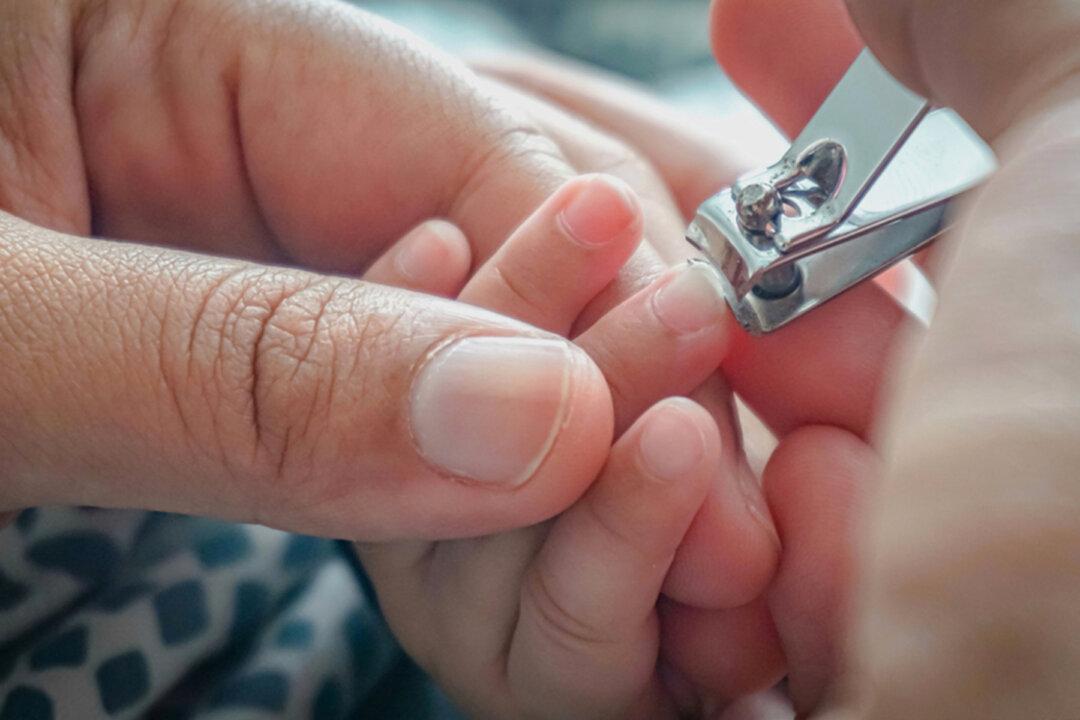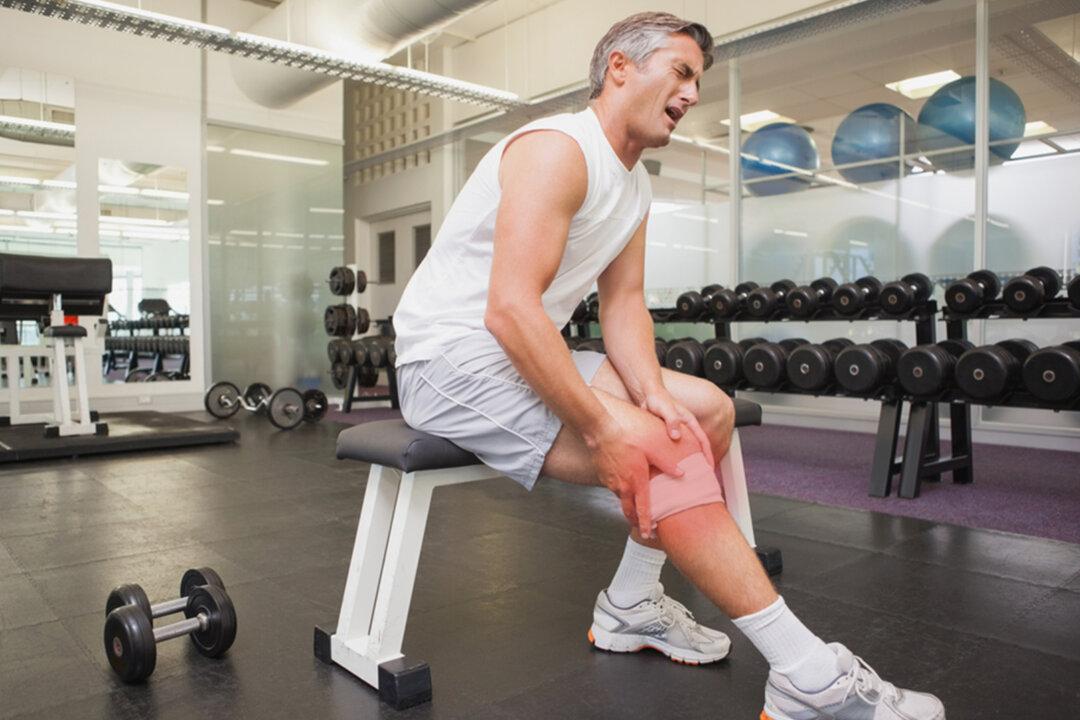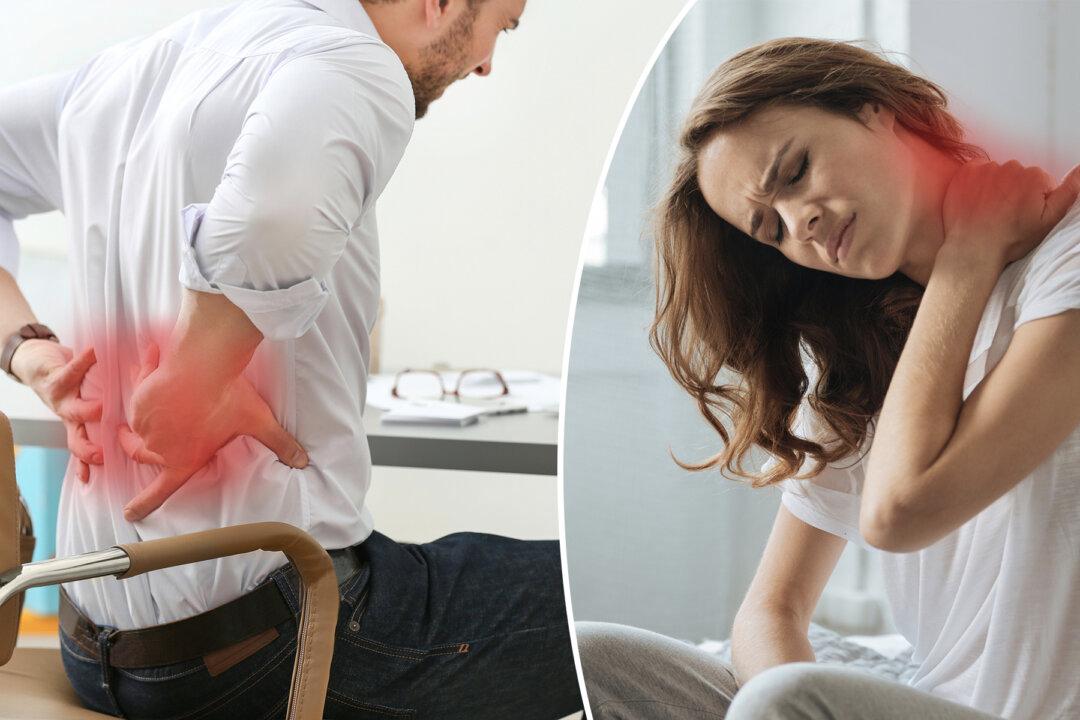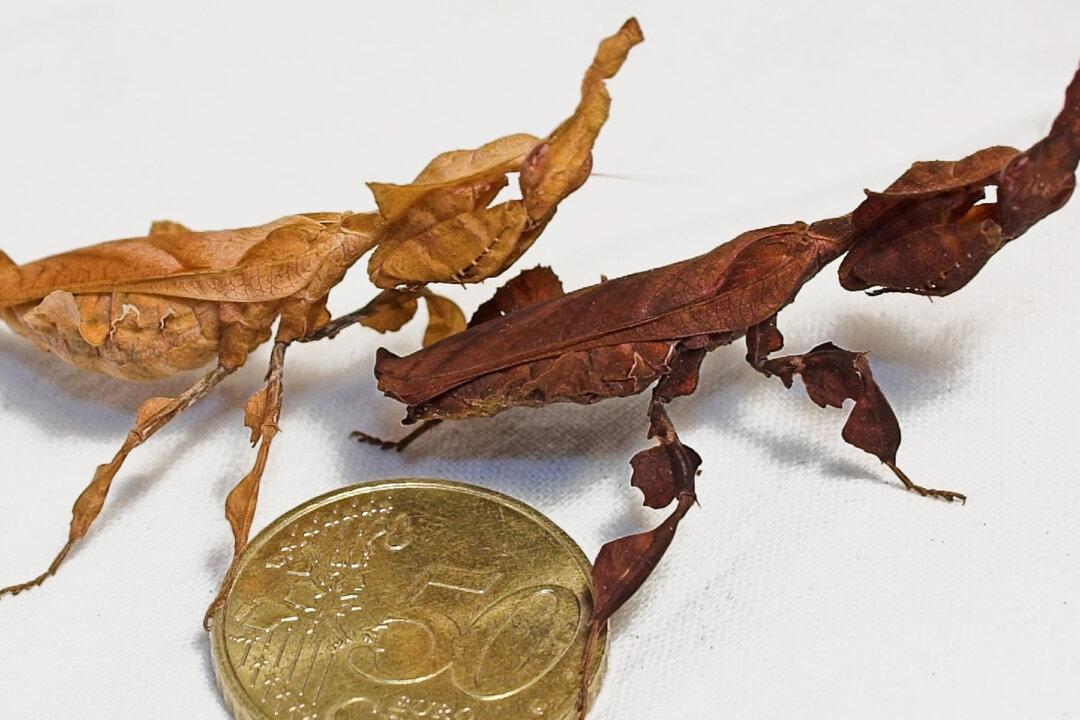Since the beginning of the CCP (Chinese Communist Party) virus, commonly known as novel coronavirus, pandemic, healthcare experts have emphasized the importance of handwashing as a basic means to avoid contracting and spreading the disease. Now, nail care specialists are warning about the dangers of long nails in potentially harboring the virus and recommending short and more frequent trimmings.
The CDC warns on its “Hand Hygiene in Healthcare Settings” page that “[g]erms can live under artificial fingernails both before and after using an alcohol-based hand sanitizer and handwashing.” It recommends that healthcare professionals who come into contact with high-risk patients cut their nails short (just a quarter inch or five-eights of a centimeter).





